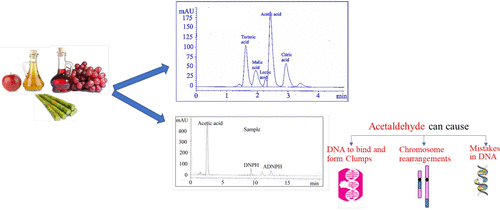
Healthcare
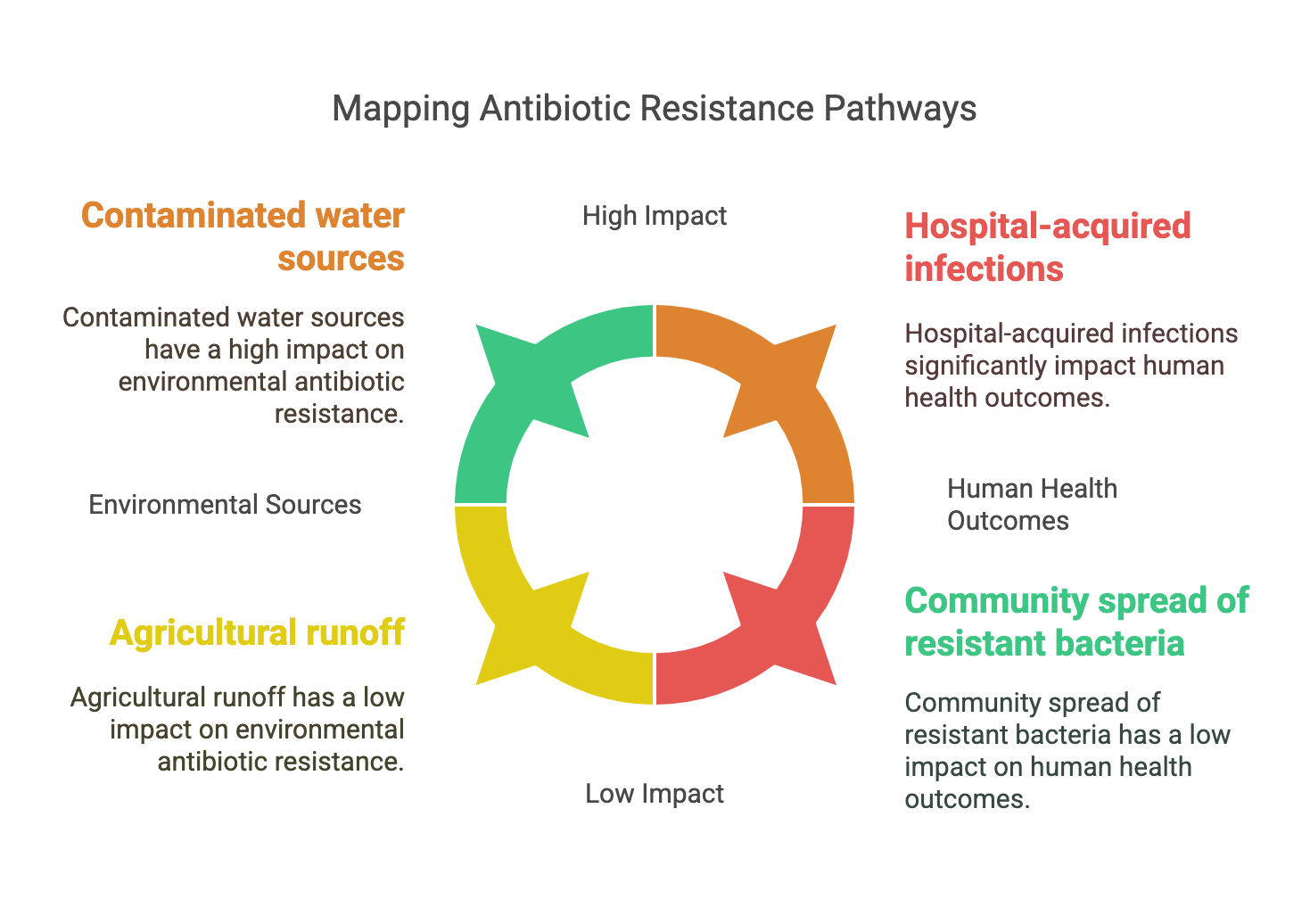
Tracking Antibiotic Resistance from the Environment to Human Health
Antimicrobial resistance (AMR) is one of the threats to our world according to the World Health Organization (WHO). Resistance is an evolutionary dynamic process where host-associated microbes have to adapt to their stressful environments. AMR could be classified according to the mechanism of resistance or the biome where resistance takes place. Antibiotics are one of the stresses that lead to resistance through antibiotic resistance genes (ARGs). The resistome could be defined as the collection of all ARGs in an organism’s genome or metagenome. Currently, there is a growing body of evidence
In-Silico targeting of SARS-CoV-2 NSP6 for drug and natural products repurposing
Non-Structural Protein 6 (NSP6) has a protecting role for SARS-CoV-2 replication by inhibiting the expansion of autophagosomes inside the cell. NSP6 is involved in the endoplasmic reticulum stress response by binding to Sigma receptor 1 (SR1). Nevertheless, NSP6 crystal structure is not solved yet. Therefore, NSP6 is considered a challenging target in Structure-Based Drug Discovery. Herein, we utilized the high quality NSP6 model built by AlphaFold in our study. Targeting a putative NSP6 binding site is believed to inhibit the SR1-NSP6 protein-protein interactions. Three databases were
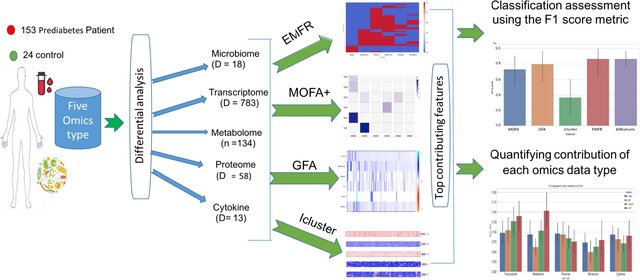
Comparative evaluation of multiomics integration tools for the study of prediabetes: insights into the earliest stages of type 2 diabetes mellitus
Type 2 diabetes mellitus (T2D) remains a critical health concern, particularly in its early disease stages such as prediabetes. Understanding these early stages is paramount for improving patient outcomes. Multiomics data integration tools offer promise in unraveling the underlying mechanisms of T2D. The advent of high-throughput technology and the increasing availability of multiomics data has led to the development of several statistical and network-based integration methods. However, the performance of such methods varies, requiring their output evaluation in an unbiased manner. Here, we
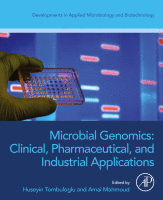
Introduction to genomics-based pharmaceutical applications
Biomedical research and pharmaceutical development have been profoundly impacted by genomics in recent years, with researchers gaining new understanding of the genetic pathways underlying disease and opening up new opportunities for the creation of targeted therapeutic interventions. Without a comprehensive grasp of the genetic mechanisms at play, medication discovery approaches in the past often relied on trial and error, targeting particular symptoms or pathways. However, the advent of genomics has changed the game. Scientific advances in high-throughput DNA sequencing have allowed
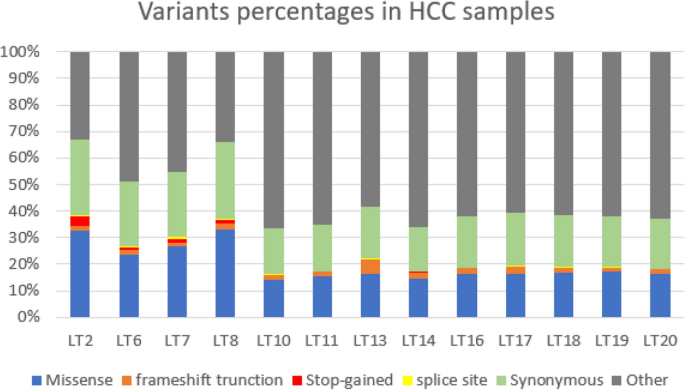
Genomic landscape of hepatocellular carcinoma in Egyptian patients by whole exome sequencing
Background: Hepatocellular carcinoma (HCC) is the most common primary liver cancer. Chronic hepatitis and liver cirrhosis lead to accumulation of genetic alterations driving HCC pathogenesis. This study is designed to explore genomic landscape of HCC in Egyptian patients by whole exome sequencing. Methods: Whole exome sequencing using Ion Torrent was done on 13 HCC patients, who underwent surgical intervention (7 patients underwent living donor liver transplantation (LDLT) and 6 patients had surgical resection}. Results: Mutational signature was mostly S1, S5, S6, and S12 in HCC. Analysis of
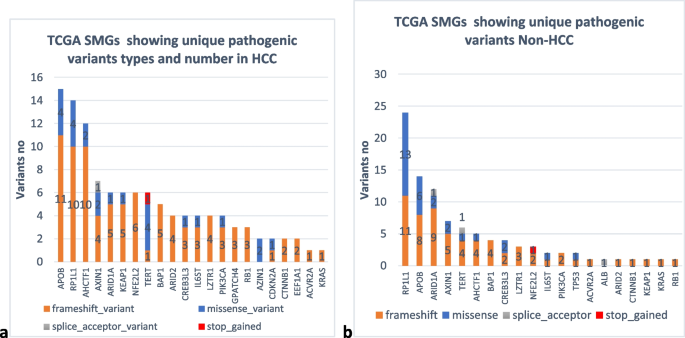
Correction to: Genomic landscape of hepatocellular carcinoma in Egyptian patients by whole exome sequencing (BMC Medical Genomics, (2024), 17, 1, (202), 10.1186/s12920-024-01965-w)
Tables 2, 3, and 6, as shown in the original publication, were modified to black and white during the typesetting process. Following the publication, the authors requested that the tables be reverted to their original-colored versions, as the colors in the heatmap indicate the number of pathogenic variants present in genes. Green indicates the smallest number, and red indicates the highest number. The colored tables are as follows: Heatmap for pathogenic variants in highly mutated genes in HCC samples Heatmap for pathogenic variants in highly mutated genes in Non-HCC samples Heatmap showing
WORLD OF THE FUTURE … THE NEW WORLD ORDER POST COVID-19
Future always starts now; we simply do not know that! COVID-19 has triggered a new phase of human evolution! It disrupted every aspect of our life. It created new norms for everything, from education to supply chains to employment to healthcare to economy to personal hygiene! We are still in the middle of the pandemic, and the impact on both economic and social levels is not clear yet, and its severity would depend on how long the pandemic would endure. Based on that the paper outlines the disruptions prior to the virus outbreak and acted as a double-edged sword, such as the infodemic
Hybrid Global Optimization Algorithm for Feature Selection
This paper proposes Parallelized Linear Time-Variant Acceleration Coefficients and Inertial Weight of Particle Swarm Optimization algorithm (PLTVACIW-PSO). Its designed has introduced the benefits of Parallel computing into the combined power of TVAC (Time-Variant Acceleration Coefficients) and IW (Inertial Weight). Proposed algorithm has been tested against linear, non-linear, traditional, and multiswarm based optimization algorithms. An experimental study is performed in two stages to assess the proposed PLTVACIW-PSO. Phase I uses 12 recognized Standard Benchmarks methods to evaluate the
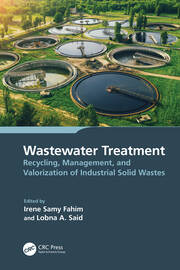
Water Importance and Pollution Sources—Recommended Limits of Pollutants
